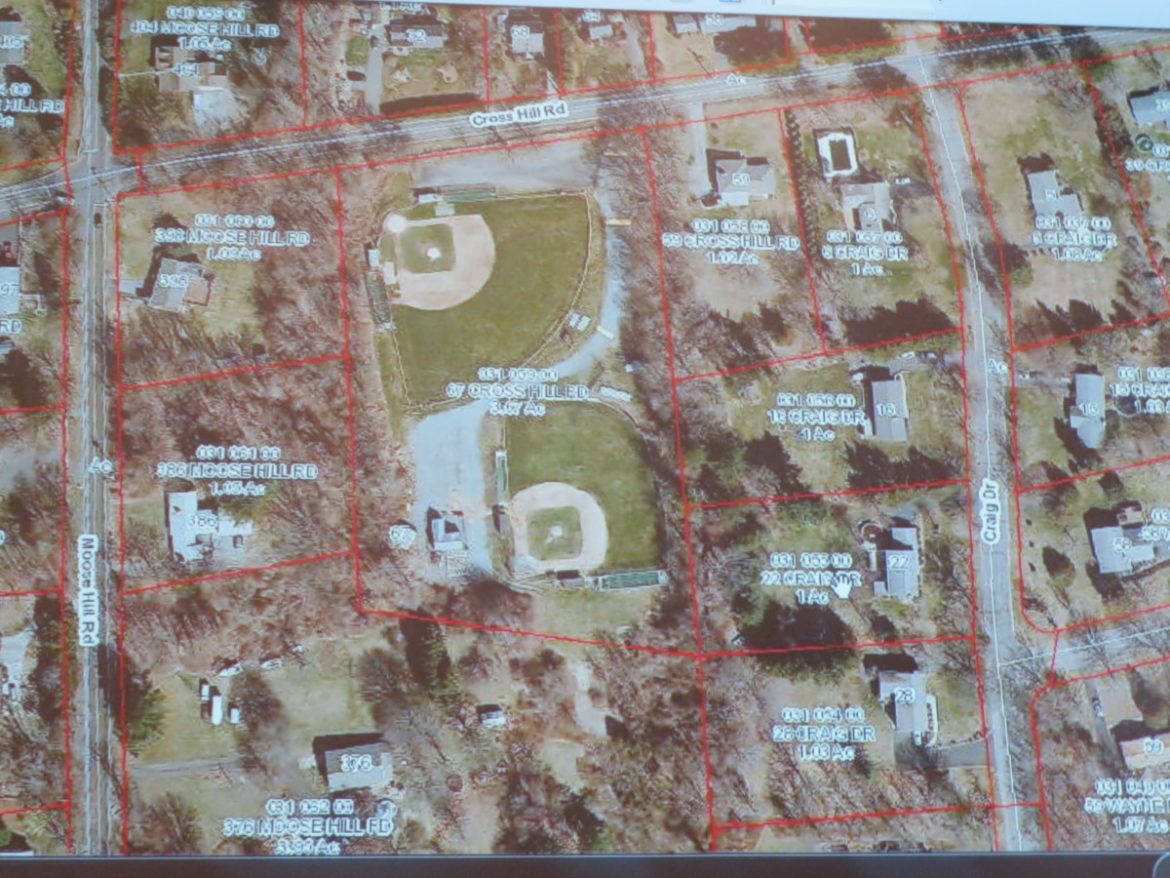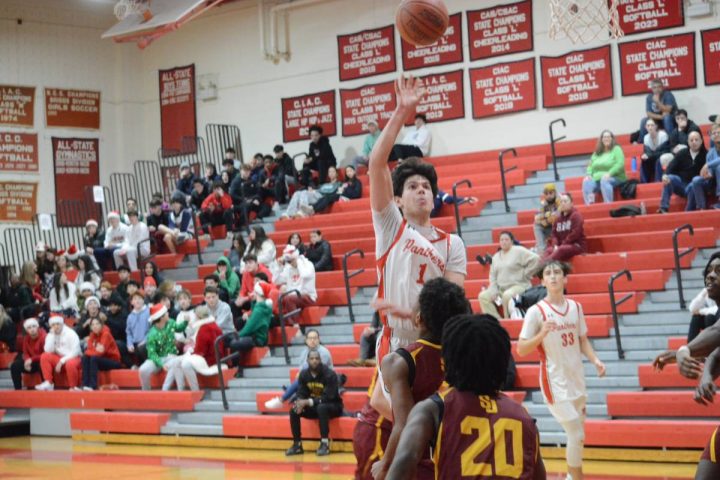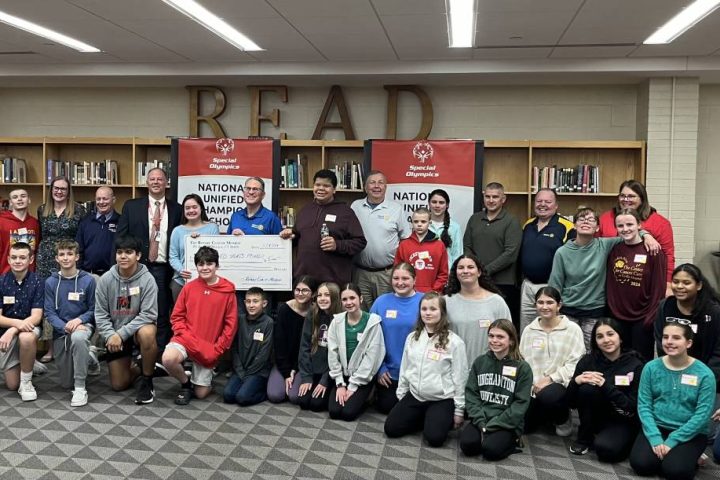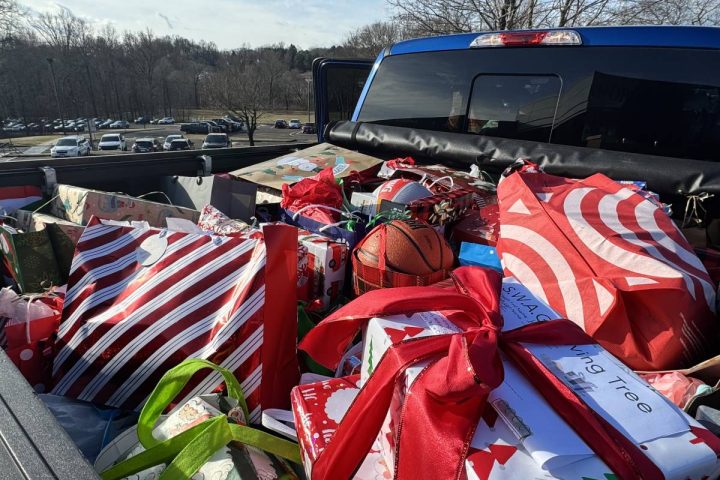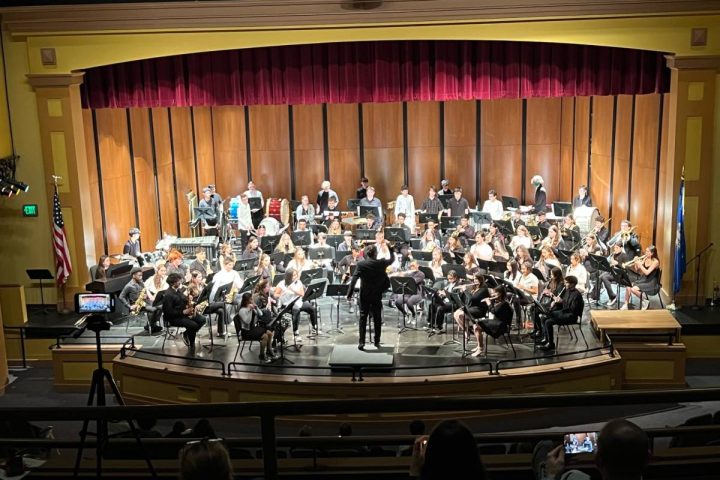A proposal to expand Sunday hours at Beardsley Field would allow children on Monroe’s Travel teams to play thrilling doubleheaders at the park on Cross Hill Road.
But, to those living in the surrounding neighborhood, it also means hearing the constant pinging of baseballs off aluminum bats and loud cheering crowds, as well as contending with cars parked up and down their street and the accumulation of roadside trash.
Little League Baseball of Monroe Inc.’s permit amendment application before the Planning & Zoning Commission has reopened old wounds for Craig Drive residents, dredging up a history of litigation dating back to the ’70s and ’80s.
The old lawsuit over Beardsley Field’s hours preceded the tenure of Little League Baseball of Monroe’s current board members. All they know is how the sport is increasing in popularity with Monroe teams playing competitive baseball against powerhouses like Fairfield and Westport.
Monroe Travel Baseball, which is under Little League’s umbrella, has expanded to four teams. Jeffrey Fulchino, director of Travel Baseball, said the only field at Wolfe Park that meets its dimensions is dedicated to softball, leaving Beardsley as the best place to play ball.
“Quite frankly, we have run out of space,” Fulchino said. “We have a growing program.”
Beardsley’s current hours are from 4 p.m. to sunset (no later than 8:30 p.m.) Monday through Friday, from 9:30 a.m. to 7 p.m. Saturdays and 12:30 to 6 p.m. Sundays.
Little League of Monroe wants to expand the Sunday hours to be from 9 a.m. to 8 p.m. during the season, from April to July 1, so two of the four Travel teams can play double headers on Sundays, for a total of four home games in one day.
“We try not to conflict with Little League, which plays its games on Saturdays,” Fulchino said.
The hearing was continued to March 5. The commission asked Planning and Zoning Administrator William Agresta to research the legal history of the issue prior to the meeting.
Neighborhood complaints
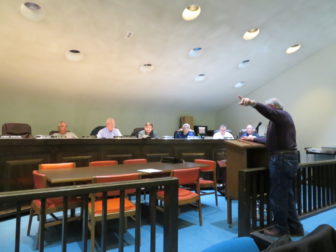
Supporters and opponents of the application attended the commission’s hearing on Thursday. Ludwig Johnson of Craig Drive submitted a petition against the project, which was signed by 22 neighbors.
David Dellacato, vice president of baseball, was among those speaking in favor of expanded Sunday hours. He said the four Travel teams are for age nine, 10, 11 and 12, adding they host tournaments at Beardsley with no traffic issues.
Jonathan Richer, of Founders Way, said his sons play, adding the league gets kids involved in their community and to play outside. He said Little League maintains all the fields at Beardsley.
Johnson, a resident of Craig Drive for 38 years, said the facility is way too small, so parents park along Craig Drive on game days — sometimes on both sides.
“They start showing up and we get six cars in front of my house,” Johnson said. “They don’t want to park in the parking lot, because it’s too congested.”
Nancy Contacessi, of Craig Drive, said, “they walk through your property to get to their cars. The screaming and yelling never ends. I’m a working person. Sunday is the only day for peace and quiet and we don’t have that.”
Richard Bulan, a 30-year-resident of Craig Drive, said he used to coach in Monroe Little League and his children played. But he said when family and friends are invited to his house on a game day, there is no room for them to park on the street.
Among the trash left by baseball fans, Bulan said he has picked up beer cans and even diaper bags. Mario Addona, of Moose Hill Road, said his wife has also picked up trash, which he believes the league should be doing.
Johnson said he has seen parents walking along Cross Hill Road with small children and lawn chairs to get to the field, which he said is dangerous on the busy road.
“It’s an accident waiting to happen,” he said. “Never once in 38 years were we approached by the Little League for our input.”
Tino Modaffari, a Cross Hill Road resident since 1968, was critical of the way the league maintains Beardsley’s fields and he submitted photos to the commission.
Modaffari said a court decision in 1975 did not allow weekend games at Beardsley, but late Town Planner Dan Tuba allowed it in 1995.
When Little League is not playing, Modaffari said high school kids go onto the field and start hitting balls. He said he wants to be able to have one day to himself, when he can relax on his porch.
Scott Sudora, of Craig Drive, claims the fields are used beyond Little League season from April until July, with children playing well into the fall.
Sudora played games on Beardsley Field while growing up in a family that supports youth sports in town. But when he and his wife moved into their home on Craig Drive in 1989, he said baseball was not played there on weekends.
Since then, Sudora, a police officer who works a lot of midnight shifts, said he has heard cowbells and music blaring from a PA system, while trying to sleep in on Sunday mornings.
“We don’t have a quiet day to ourselves,” he said. “I love sports, but you’ve got to respect the neighborhood.”
Blown ‘out of proportion’
Of the neighbors’ testimony, Elizabeth Richer, Jonathan Richer’s wife and the information officer for the baseball league, said, “what they describe is horrific, but it also doesn’t describe what I see first hand at games.”
Richer said opponents of the application characterize Little League and Travel Baseball in a negative light, adding parking for the tournament is directed by two people at a time. “We had all the parking onsite,” she said.
In response to complaints of spectators leaving trash on the street, Richer said she’s always picking up roadside trash at the corner of Church Street, where her family lives, so that is a town-wide issue.
Richer said playing baseball is a wholesome family experience for their kids, adding she hopes commissioners will consider that.
Fulchino said he has been on the league board for around five years and never saw anybody park on Craig Drive. “I can’t speak to litigation of 1975,” he said. “We’re willing to work with people. I think we’re good stewards of the property.”
Fulchino said he is a Realtor, and living next a park will increase your property values, drawing groans from some residents in the audience.
“We’re 100 percent volunteer,” he said. “We come early to prep the fields and stay late to clean trash. Some of this is out of proportion to make us look like the bad guy.”
Fulchino said the gate to the park is chained and locked when not in use by the league and they cannot prevent neighborhood kids from getting in.
Johnson said, “we would welcome the opportunity to talk to the league on how things could be better.”
History of the dispute
The Land Use Department at Town Hall has a copy of the private lawsuit, Joseph DeMartino et al v. Monroe Little League, Inc., et al, that was filed at Superior Court in Bridgeport in May of 1975; the legal agreement on July 19, 1975, as well as the league’s appeal, filed in the Connecticut Supreme Court in the Judicial District of Fairfield in 1982.
Though it is only a partial record, it provides insight and background into the neighborhood dispute.
The land for Beardsley Field was donated by Alice Beardsley and Monroe Little League was issued a special permit from the Planning and Zoning Commission to make two baseball diamonds there in 1963 and a third baseball field was constructed in 1971.
The 1975 lawsuit was brought by Joseph DeMartino, Louise DeMartino, Ethan R. Green and Rose Green, who were represented by Attorney Andrew D. Cretella. The plaintiffs sought a permanent injunction against the baseball field use.
The defendant, Monroe Little League, Inc., was represented by its attorneys Delaney & Spiegel.
The lawsuit led to a stipulated judgement, in which the defendant agreed to restrict league activity on the fields from the last week of April to July 18 every year … and restricted playing time to Monday through Friday. It said, “no play shall be sanctioned or permitted by Defendant on Saturday or Sunday.”
“Playing hours shall be limited to the period of 5:15 P.M. through 8:30 P.M., and the ball fields shall not be used for organized Little League activity during any other hours; provided however, that normal field maintenance and repair shall continue in accordance with previously established schedules of the Defendant,” the legal agreement says.
It also says Field 3 along Cross Hill Road shall not be used and the league should render the field unserviceable as a Little League facility by removal of the backstop and two protective fences no later than Aug. 29, 1975.
It goes on to say, “Defendant agrees to erect as quickly as possible a gate to restrict unauthorized vehicular traffic from entering the premises …” The gate was to be kept closed and locked at all times when the facility was not being used for organized Little League activities.
The league was to post signs prohibiting the blowing of horns.
The court allowed Little League to continue to have its opening day ceremonies on a Sunday, so long as its members agreed not to enter the field before 11 a.m. to set things up and that all activities ceased and the premises was vacated by 5 p.m.
In contempt of court
In April of 1981, Monroe Little League asked the court to modify the stipulation, but was denied.
Monroe Little League, Inc., responded by dissolving and transferring its assets and operational control of Little League Baseball in Monroe to a new corporation, Little League Baseball of Monroe, Inc.
“… the sole and exclusive reason for the formation of the new corporation was the belief that the Court-ordered injunction could thus be circumvented,” Attorney Robert M. Davidson wrote on behalf of the plaintiffs on May 24, 1982.
He said the league was engaging in activities forbidden by the 1975 injunction by scheduling and playing games on Saturday and Sunday, scheduling and playing games on Field 3, and failing to erect a gate.
In her memorandum of decision, Judge Margaret C. Driscoll wrote that Monroe Little League, Inc., claimed it did not comply with the order, because it was no longer in charge of Little League Baseball in Monroe, Little League Baseball of Monroe, Inc., was.
“The officers of the new corporation are practically identical to those of the old,” she wrote. “The old corporation has not ceased to exist and in fact, the new corporation still uses the bank account in the old corporation’s name. In addition all of the witnesses who were officers of both the old and the new corporation testified that the reason for the new corporation was to permit the playing of Little League Baseball on Saturday.”
“The defendants further claim that the order was vague and ambiguous, a claim which the court rejects as totally unfounded,” Driscoll wrote.
The judge found the league in contempt of the order issued by Judge Tedesco in 1975.
Driscoll did not excuse the defendants for the fact that they changed the name on the legal advice of their lawyer, since the lawyer’s testimony was that he told them what their options were.
“It it difficult to see how they could have thought that by simply changing the name to Little League Baseball of Monroe, Inc., they could avoid the consequences of the court order,” Driscoll wrote. “Were such the case almost no court order could be enforced.”
The court found Monroe Little League in contempt and ordered the defendants to pay the plaintiffs court costs in the amount of $328, and reasonable attorneys’ fees to be determined by the court following a hearing.
Monroe Little League, Inc., and Little League Baseball of Monroe, Inc., appealed the decision, but The Sun has no court documents on the outcome.
On March 20, 1995, the Monroe Planning and Zoning Department granted a special exception permit allowing the playing time hours that are currently in place, which include weekends.

